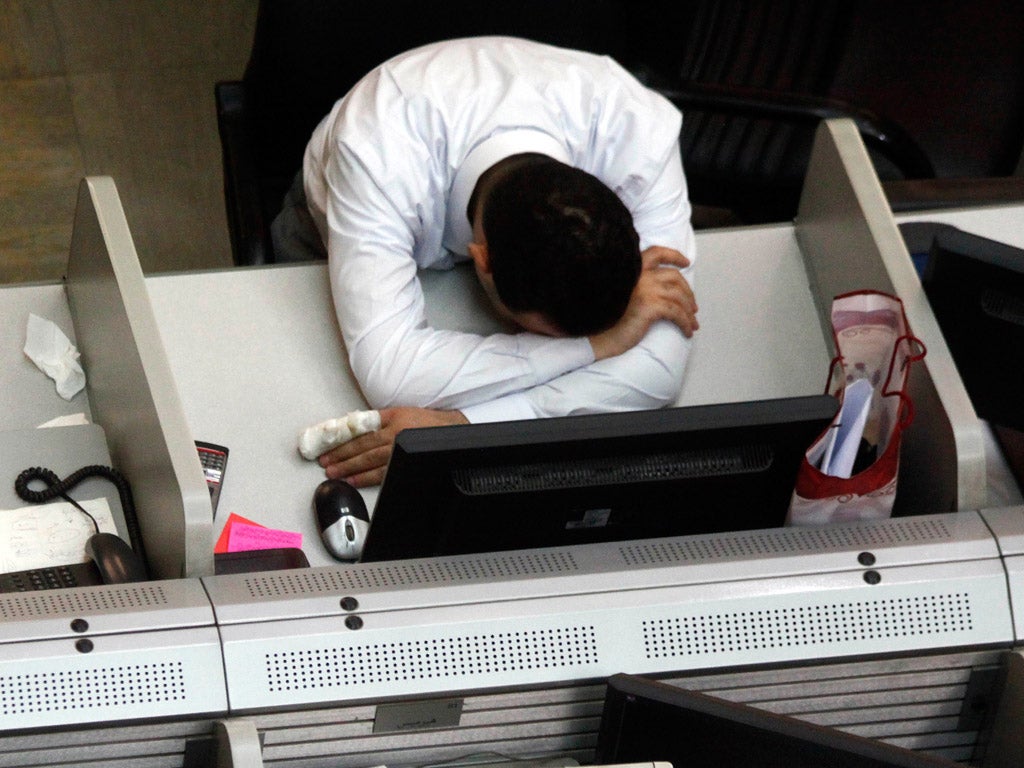Don't knock part-time work - we need to challenge the culture that chains us to our desks
Alongside flexible working practices, part-time positions mean more people can enjoy employment without sacrificing every other area of their lives

The ONS has revealed that part-time employment is up on previous quarters. What the media sought to infer from this is that people are being pushed into part-time jobs as there are no full-time jobs available.
The reality is, less than 20 per cent of those working part-time would work full-time if they had the opportunity. The ONS call this ‘underemployment’, where people want more hours, but can’t get them. However, just 18.5 per cent said they would work more hours if they could.
The reasons are manifold. People may want to spend quality time with their families, they may have health conditions or be actively pursuing other voluntary roles. Not to mention hundreds of thousands of students and carers.
There are significant benefits to working part time, not least of all health benefits. Increasing work-life balance has long been seen to improve risks against stroke, heart disease and cancers.
And with more than 80 per cent of white collar workers topping 40 hour weeks, we need to start challenging the culture that chains us to our desks.
Earlier this year, we saw the death of Moritz Erhardt who reportedly worked eight all-nighters over two weeks in order to meet the high demands of an internship with Bank of America Merryl Lynch. In these high-pressured environments, you apparently demonstrate your commitment to the role by working the most hours. Whether or not you get paid.
The culture of dealing with sales calls, emails and admin seemingly grows with responsibility. While you could argue, managerial salaries require more hours, the TUC estimates much of this overtime is unpaid and generates around £29bn for the UK economy. And at the same time, the costs impact on the National Health Service.
Alongside flexible working practices, part-time and reduced hour positions are a positive part of an equal society, where more people can enjoy the productivity of employment without sacrificing every other area of their lives. They benefit the gender divide, allowing primary care givers, who are still predominately female, the opportunity to pursue careers, as well as helping those with disabilities and health problems enter and stay in the workplace.
If we want to see people move back into work, employers need to open up more opportunities for part-time positions, more opportunities for flexible working and better conditions for those pressurised to work 40 hours and beyond. Among the more egalitarian societies in Scandinavia, there are high levels of part-time employment, as well as much lower full-time hours. We should be embracing this, and recognise that part-time is no bad thing.

Join our commenting forum
Join thought-provoking conversations, follow other Independent readers and see their replies